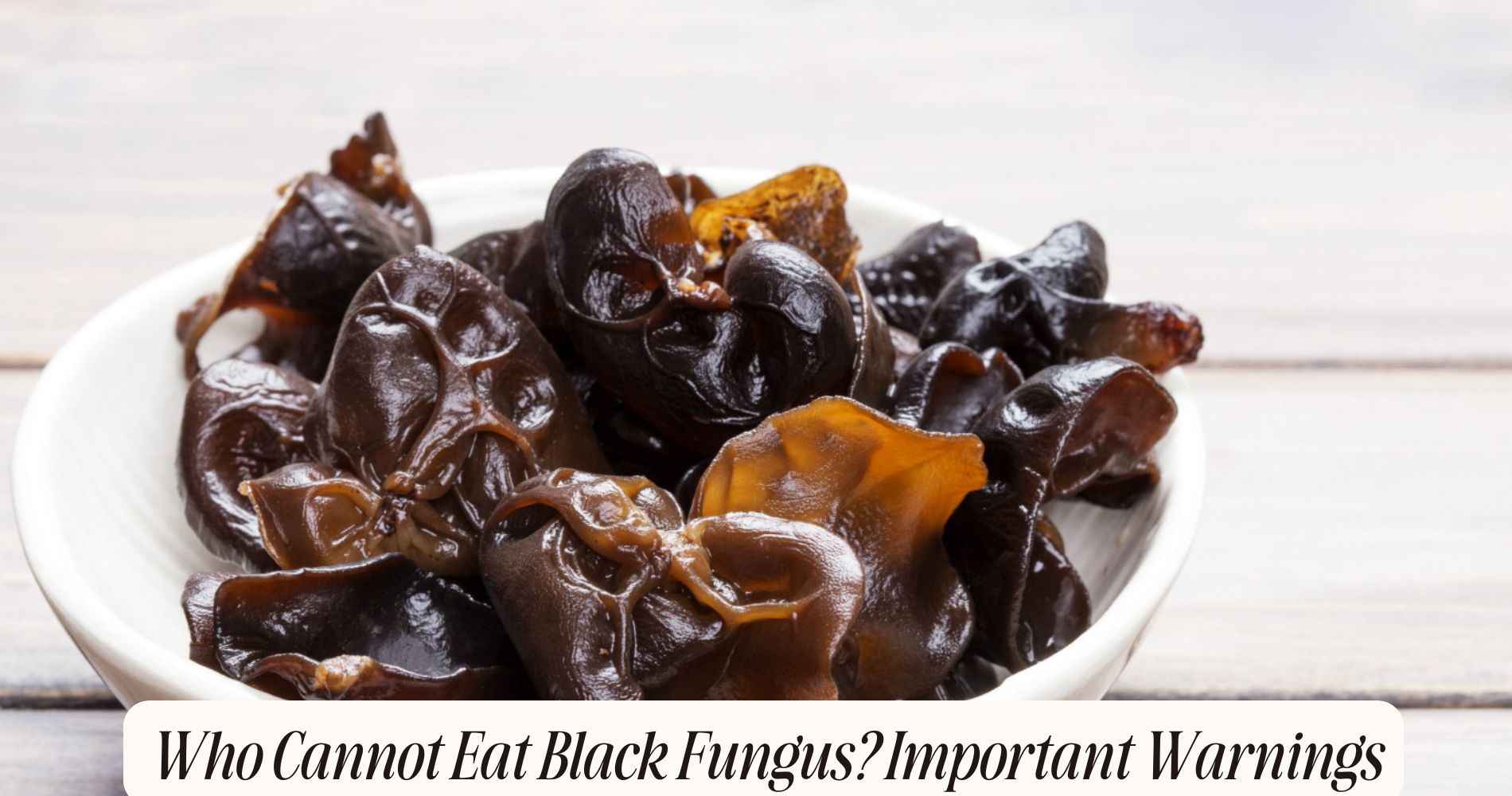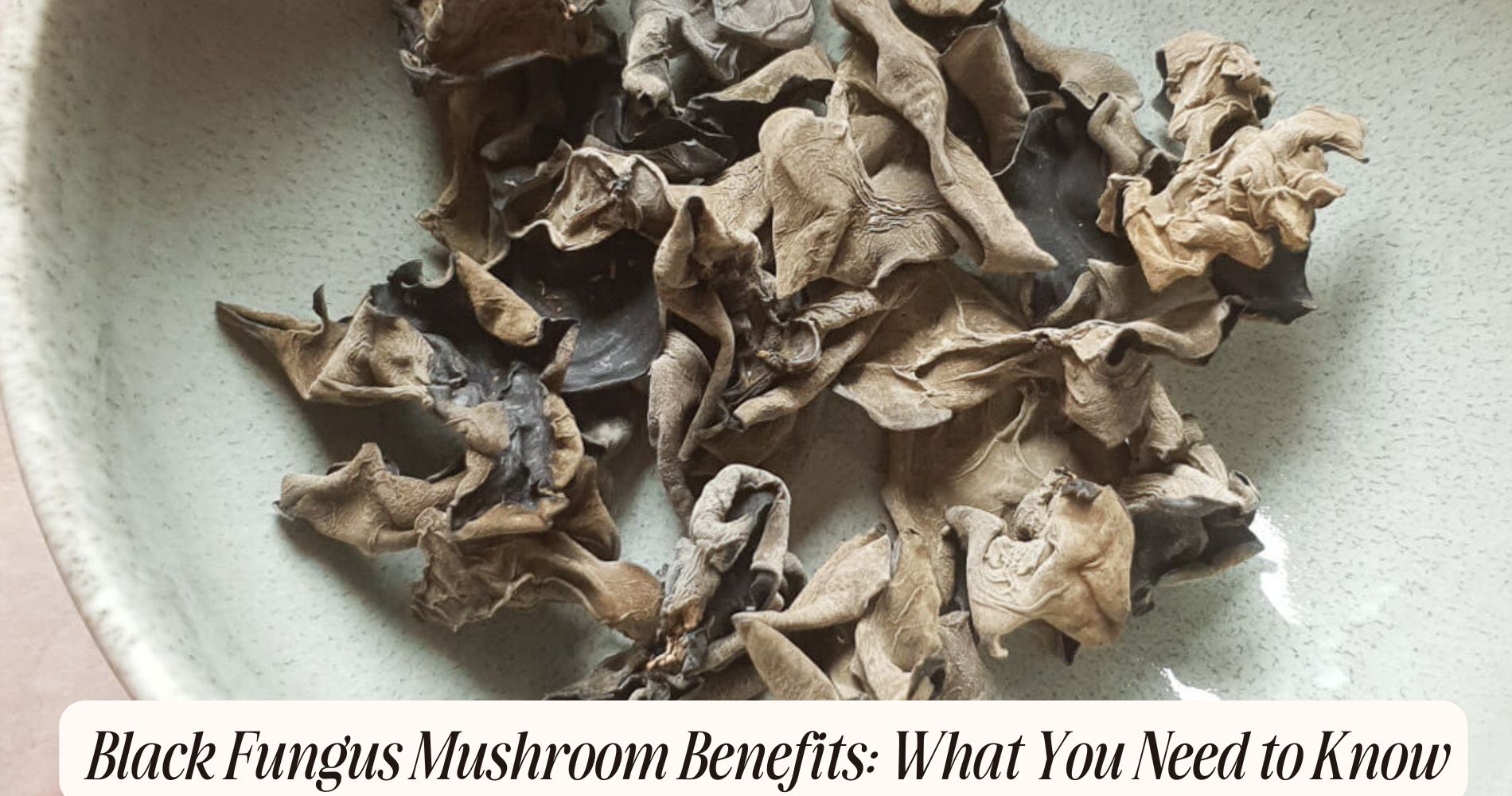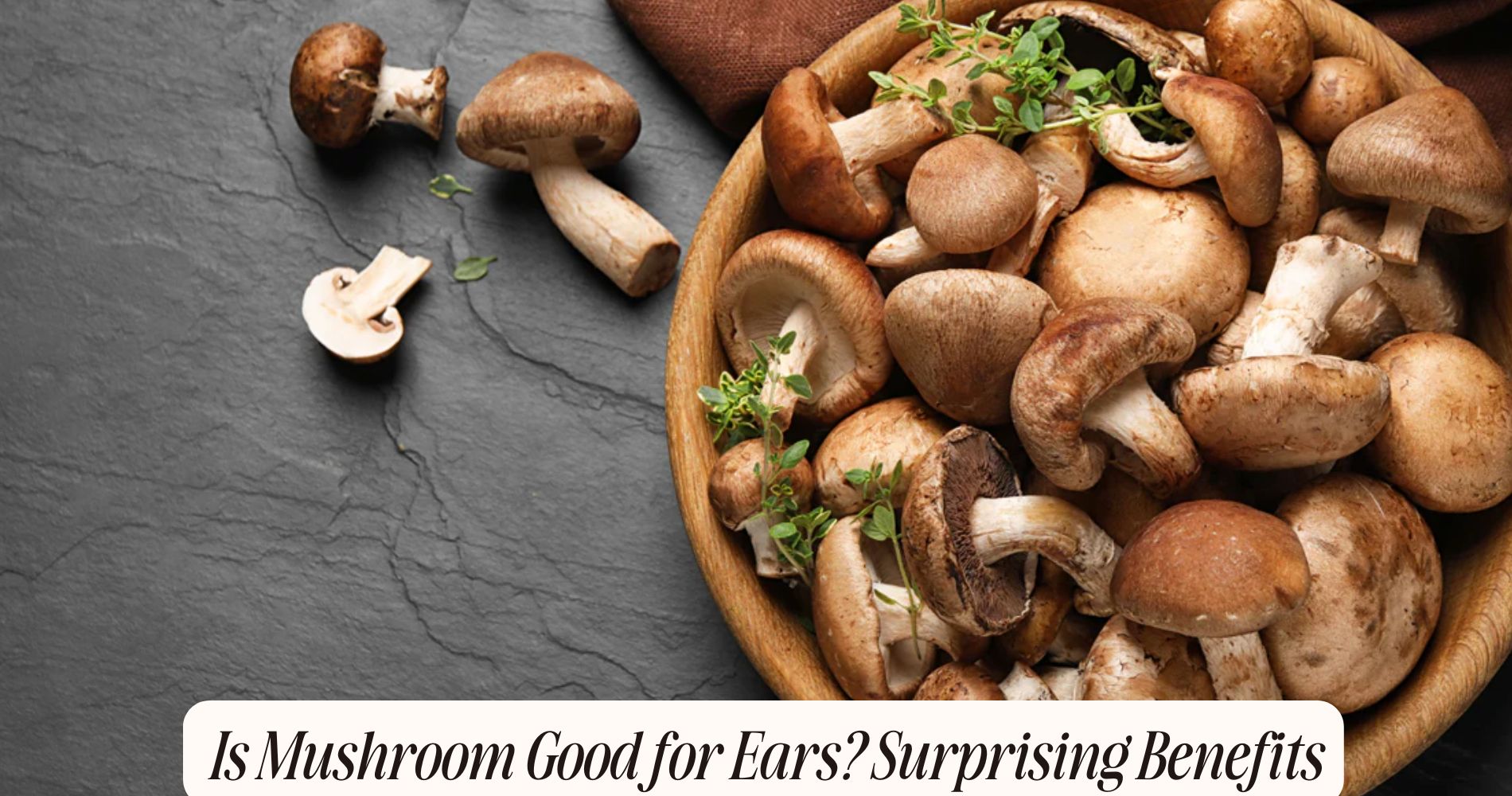
Who Cannot Eat Black Fungus? Important Warnings
Who cannot eat black fungus? You should avoid black fungus if you have allergies, as it can trigger symptoms like hives or respiratory issues. If you have gastrointestinal conditions, such as IBS or Crohn's disease, its chewy texture and high fiber content may worsen your symptoms. Additionally, those on certain medications should consult with a healthcare professional, as black fungus can interfere with drug metabolism and increase bleeding risks for anticoagulant users. Pregnant or nursing women and individuals with weakened immune systems also face potential risks. To understand more about the specific precautions you should take, it's worth exploring further.
Individuals With Allergies
If you have allergies, it's important to be cautious about consuming black fungus. While it's a popular ingredient in various dishes, it can trigger allergy symptoms in sensitive individuals. Common reactions include hives, itching, swelling, and even respiratory issues. If you've experienced these symptoms after consuming mushrooms or similar fungi, black fungus mightn't be safe for you.
Food safety is paramount when dealing with any food product, especially for those with allergies. Black fungus can sometimes be contaminated with allergens during processing or packaging. Make sure you check labels carefully; some products may contain traces of nuts, soy, or gluten, which could exacerbate your allergic reactions.

Additionally, if you're unsure about your sensitivity, consult a healthcare professional before trying black fungus. They can provide guidance based on your specific allergies and health history.
Those With Gastrointestinal Issues
Individuals with gastrointestinal issues should exercise caution when considering black fungus as part of their diet. Black fungus, while nutritious, can be difficult to digest for those with pre-existing digestive sensitivities. If you have conditions like irritable bowel syndrome (IBS), Crohn's disease, or ulcerative colitis, incorporating black fungus might exacerbate your symptoms.
The texture of black fungus can also pose a challenge; its chewy nature may not sit well with individuals who've strict dietary restrictions. For those with a history of food intolerances, even a small amount could lead to discomfort. It's vital to listen to your body and recognize how it reacts to different foods.

Additionally, black fungus is high in fiber, which can be beneficial for some but may cause bloating or gas for others, particularly those with sensitive digestive systems.
If you're unsure how your body will respond, consider consulting a healthcare professional before adding black fungus to your meals. Ultimately, prioritizing your digestive health is key, and being mindful of what you eat can help you avoid unnecessary discomfort.
People on Certain Medications
People taking certain medications should be cautious when considering the inclusion of black fungus in their diet. This edible mushroom, while nutritious, can interact with specific drugs, leading to potential complications.
For instance, if you're on anticoagulants, consuming black fungus might increase the risk of bleeding due to its blood-thinning properties.
You should also be aware of how black fungus can affect medication side effects. Some individuals may experience gastrointestinal discomfort, which could be exacerbated by certain prescriptions.
If your medications are metabolized through the liver, black fungus might interfere with their effectiveness, altering the intended therapeutic outcomes.
Moreover, if you're on immunosuppressive drugs, introducing new foods like black fungus could pose risks, as it may lead to unintended immune responses.
Always consult your healthcare provider before adding black fungus to your diet if you're on any medication.
Staying informed about possible drug interactions and the influence of black fungus on medication side effects can help you make safer dietary choices.
Prioritizing your health means being proactive about what you eat, especially when it comes to combining food with medications.
Pregnant and Nursing Women
Pregnant and nursing women should exercise caution when considering black fungus in their diets. While it offers some nutritional benefits, including fiber, vitamins, and minerals, the potential risks may outweigh these advantages. The safety of consuming black fungus during pregnancy and lactation isn't well-studied, and certain compounds in it may not be suitable for you during this critical time.
If you decide to include black fungus in your meals, it's important to make sure it's properly prepared. Always soak it thoroughly and cook it well to eliminate any harmful pathogens. This cooking tip not only enhances the flavor but also makes it safer for consumption.

Be mindful of any allergies or sensitivities you might have, as black fungus can sometimes trigger reactions in susceptible individuals.
Additionally, it's prudent to consult with your healthcare provider before adding new foods to your diet, especially during pregnancy and nursing. They can provide personalized advice based on your specific health needs.
Individuals With Weakened Immune Systems
Those with weakened immune systems should be particularly cautious when it comes to consuming black fungus. The nutritional benefits of black fungus, such as its high fiber content and potential immune-boosting properties, mightn't outweigh the risks for you.
If your immune system is compromised due to conditions like HIV, cancer treatments, or autoimmune diseases, your body may struggle to fight off infections, increasing the likelihood of adverse reactions to contaminated foods.
Preparation methods are vital in minimizing risks. If you still choose to include black fungus in your diet, make certain it's thoroughly cleaned and cooked. Proper cooking can help eliminate harmful bacteria or pathogens that could pose a threat to your health.
However, even with careful preparation, the unpredictability of your immune response means it's best to consult with a healthcare professional before consuming black fungus. They can provide personalized advice based on your specific health conditions.
Prioritizing your safety is essential, and sometimes it's wiser to avoid certain foods entirely to protect your well-being.
Frequently Asked Questions
Can Children Eat Black Fungus Safely?
Yes, children can eat black fungus, but it's essential to monitor for black fungus allergies. Since children's digestion is still developing, introduce it gradually and watch for any adverse reactions to guarantee safety.
Is Black Fungus Suitable for Vegans or Vegetarians?
Yes, black fungus is suitable for vegans and vegetarians. It's a plant-based ingredient that fits within dietary restrictions. Enjoy its unique texture and health benefits while incorporating it into your meals for added nutrition.
How Should Black Fungus Be Prepared for Consumption?
To prepare black fungus, soak it in water for 30 minutes, then rinse. You can sauté, stir-fry, or add it to soups. These preparation methods enhance its texture and flavor, making it a delicious addition.
Does Black Fungus Have Any Nutritional Benefits?
Black fungus offers various nutritional benefits, including high fiber content and essential nutrients. Its health benefits include potential immune support and antioxidant properties, making it a valuable addition to your diet when prepared properly.
Can Black Fungus Cause Food Poisoning?
Yes, black fungus can pose safety risks. If it's contaminated, you might experience food poisoning symptoms like nausea, vomiting, and diarrhea. Always guarantee proper handling and cooking to minimize these risks and enjoy its benefits safely.
Conclusion
In summary, while black fungus offers nutritional benefits, it's essential to be mindful of who should avoid it. If you have allergies, gastrointestinal issues, or are on specific medications, you should steer clear. Pregnant or nursing women, as well as those with weakened immune systems, should also exercise caution. Always consult a healthcare professional before adding new foods to your diet, especially if you fall into any of these categories to guarantee your health and safety.




